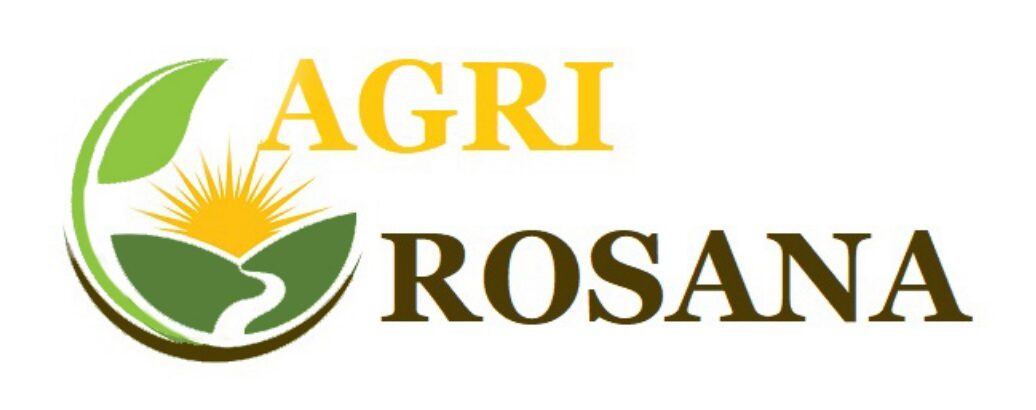Signs of Drug Addiction
Alcohol is one of the most widely abused substances in the US. According to the National Institute on Alcohol Abuse and Alcoholism, in 2012, 17 million adults ages 18 and older had alcohol use disorder in the United States. Parents should take note when a child starts associating with a different group of peers, as changes in peer groups may be linked with substance use.

You can also look for physical evidence of the drugs themselves, which are often left behind. Look for bits of marijuana (green plant material), https://ecosoberhouse.com/ white powder, unknown pills, and other unfamiliar materials. Even if you find evidence, be careful not to assume the worst.
Know the Signs of Drug Abuse
If you are starting a conversation about substance use, choose a place where you and your teen are both comfortable. Withdrawn behavior and responding with hostility or wariness when uncomfortable topics arise can be a sign of defensiveness. A person trying to hide addiction may redirect the conversation with arguments or even aggressive mood swings, and distraction methods are also a defensive sign. This list contains several of the most common substances of abuse, but people struggle with abuse of countless other drugs. Not everyone responds to treatment the same way so it’s important to find the right treatment program for you or your loved one.
- Drug abuse leads to unhealthy behaviors that can ruin your life.
- Long-term abuse of drugs and alcohol can result in drastic changes to physical appearance.
- In the presence of six or more symptoms, substance use disorder is considered severe.
- If drug addiction is left untreated, it can lead to a range of serious long-term effects.
NEW TOWN, N.D (KMOT) — Some organizations are tackling the opioid epidemic through a culturally informed lens. In a recent study conducted by The Recovery Village, we surveyed 2,136 American adults who either wanted to stop drinking alcohol or had already tried to (successfully or not). Our e-newsletter will keep you up-to-date on the latest health signs of drug use information. Both stimulants and depressants alter the activity of hormones responsible for tiredness and wakefulness. It may mean they are funneling their energy toward feeding the impulse of using drugs. Frequent failure to show up or follow through on plans, lack of enthusiasm, or dulling of talents can all indicate an underlying struggle.
How Can I Tell if Someone I Know is on Drugs?
They can give you advice on rehab facilities, treatment options, and resources to help you and your loved one. There are many substances that a person struggling with addiction could abuse, with different symptoms of intoxication, different paraphernalia, and different long-term consequences. That being said, there are several symptoms of addiction that are the same over many substances. However, men are likelier than women to use illicit drugs, die from a drug overdose, and visit an emergency room for addiction-related health reasons.
- But with continued use, a person’s ability to exert self-control can become seriously impaired.
- If you find smoking devices, needles, oil vaporizers, or stashes of different devices needed for drug use, you may want to discuss with your loved one what those items are and why they have them.
- Stress is heavy — and as we mentioned earlier, teens today are outrageously stressed out.
For people struggling with these synergistic conditions, dual diagnosis is key to effective healing. And friends or family members are the first to notice something has changed. If you are worried that you or a loved one is suffering from an addiction, uncertainty makes it hard to proceed.
Environmental Signs of a Drug Problem
Different drugs have different signs of intoxication, different side effects, and different withdrawal symptoms. The signs and symptoms of abuse for specific substances are outlined below. There is an important distinction between drug addiction vs. drug dependence. The term dependence refers to the fact that the brain has adapted physiologically to the substance of abuse. Dependence specifically refers to the effects of the process of neural adaptation to a psychoactive substance. It is a common feature of addiction, but not the totality of the more complex disorder.
When someone is sliding into addiction, they tend to hang out with people who also use their drug of choice, or use any kind of substance for that matter. Someone may begin to distance themselves from their old friends or loved ones that may try to get them to stop. Over time, drug use alters the chemical and functional structures of the brain. Addiction and the intense need for a drug may cause someone who is normally very docile to become agitated and aggressive. Also, stimulant drugs may cause a normally depressed person to appear very energetic or even manic. Excessive use and abuse of these drugs can cause intense highs characterized by hyperactivity and periods of insomnia or intense lows that cause long periods of sleeping or drowsiness.


